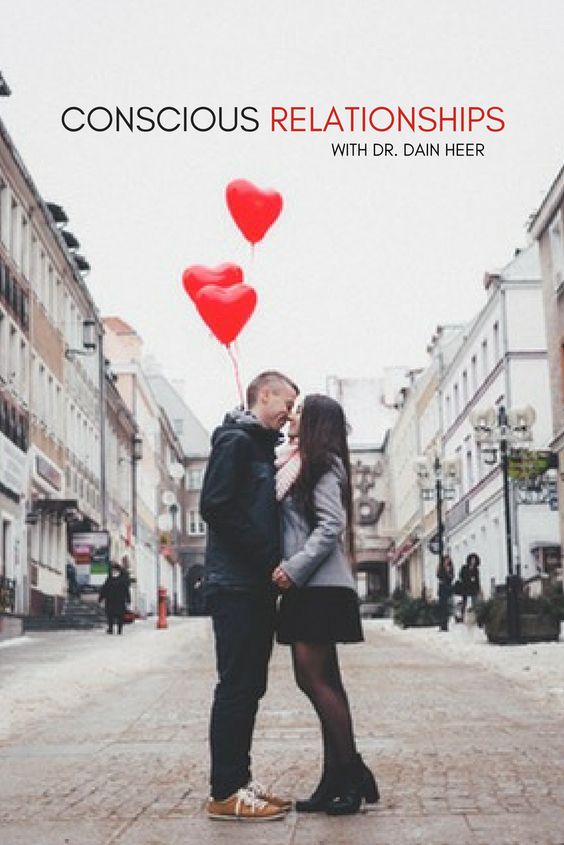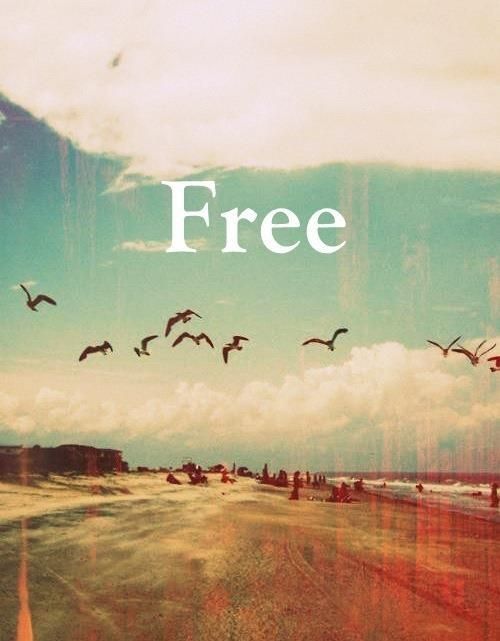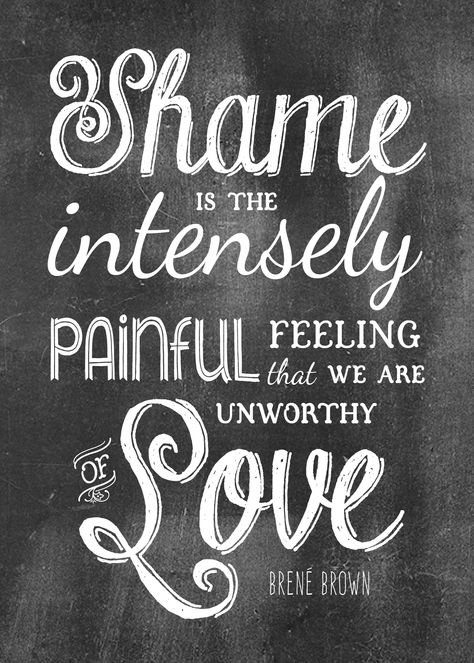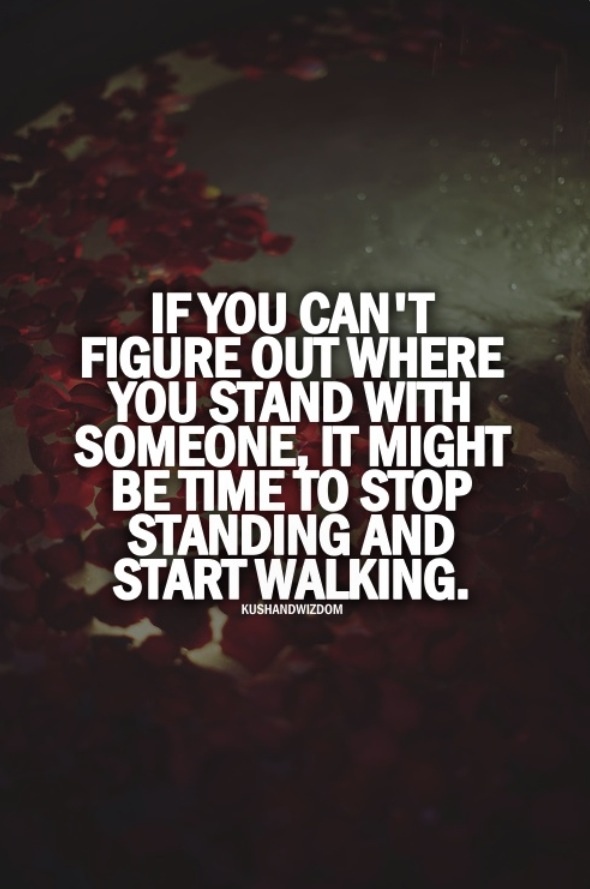Should You Stay Together for the Sake of the Kids?
Tammy was torn about what to do. She was married for fifteen years and had three children with her husband, Tom. As a couple, Tammy and her husband had many ups and downs. Getting married young and having made Aliyah on their own shortly before they met, they found comfort in knowing that someone had their back. Early on in their marriage they used to turn to one another during hard times. Once the kids came around and work demands increased along with strains on their budget, they began to share less emotionally. Tom found himself with longer hours at work, needing to unwind before coming home. He knew once he walked through the door, the kids would jump on him and Tammy would expect him to help out.
Tammy became increasingly more resentful as her interior design career took off. She had many challenging clients that expected her to always be available during every building hiccough. This combined with having to tend to the needs of her three demanding children meant that her “me time” was scant and precious. But Tammy never wanted to rock the boat so she suffered in silence.
Slowly the couple began doing things more independently and while the household continued to function, they felt less connected. Neither wanted to talk to the other about how they felt as each feared hurting the other.
(To read more continue here:)
Why Staying Together for the Kids Isn’t Doing Anyone Any Favours
Top Tips on How to Consciously Create Love
By consciously coupling and considering carefully how you want to connect with your partner, you can create a lifelong loving relationship.
Book Review for Hold Me Tight, by Dr. Sue Johnson
When most couples first get married, they believe that their job is done. The hard part is behind them. They have met the love of their life and now they can happily breathe a sigh of relief in knowing that they have found the ONE.
Of course, the bubble usually pops at some point, usually after the marriage. Couples realize new things about their partners that they never noticed before. Raw spots get triggered. Often painful and lonely moments creep in. Feelings of hurt and abandonment arise as our dream partner says or does the wrong thing, hits a raw nerve, behaves less than perfectly.
In Sue Johnson’s seminal book, Hold Me Tight, she describes these painful moments as she vividly describes couples who were just about ready to throw in the towel thinking they must have married the WRONG ONE! She vividly illustrates how our early childhood attachment wounds (a theory developed by 1950’s psychologist John Bowlby) remain with us as we choose partners in hopes of healing those wounds. Yet instead despite all of our best efforts, we reach for partners who trigger those same wounds, for the simple reason that we are attracted to that which we know.
 http://amzn.to/2tI6hb1
http://amzn.to/2tI6hb1
Hold Me Tight is an attempt to offer couples a window into a better understanding about how our connection with our partners can sometimes go awry. She also explains how our demon dialogues – those pesky conversations we replay time and again with the love of our life – can be transformed to Hold Me Tight moments.
In this book, Sue Johnson uses seven primary examples of where most couples will go wrong. She eloquently demonstrates how rewriting these pain inducing conversations, by hearing one another’s deepest fears and seeing our partner in a new light using the attachment goggles, can help bring couples together as they gain a better understanding and appreciation for the other’s wounds.
Hold Me Tight and the theory that underpins the book, “Emotionally Focused Couples Therapy” (EFT), represents a groundbreaking approach to couples therapy. EFT has 20 years of research to back it up. While most schools of couples therapy yields results as low as 35%, EFT touts results as high as 75%.
The EFT approach is so groundbreaking that creators of other well-known programs including John Gottman (the Gottman Method) and Harville Hendrix (Imago Therapy) support the use of this technique for first line treatment in order to heal the couple’s wounds.
Click here to purchase a copy of the book.
Top Tips to Ensure Relationship Differences Don’t Tear You Apart!
My husband and I got engaged over July 4th weekend 17 years ago. As we were living in New York at the time, the date was chosen more out of convenience, as we had a long holiday/vacation weekend.
While English is our mother tongue, he being British and me being American we occasionally found that we used to butt heads when it came to cultural comforts. For him, watching the cricket is sacrosanct. It’s tantamount to attending Kol Nidre on Yom Kippur…You just don’t miss it!!!
Obviously for me, watching cricket wasn’t even nearly on my radar. I occasionally watched baseball and my family enjoys it here and there, but it’s not massively high on our list of priorities. This is something that varies from family to family as well.
Reconcilable Differences, by Dr. Jim A. Talley
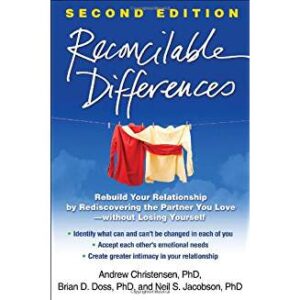
The major differences between Brits and American’s I’ve discovered over the years is in our use of language. For example Brits use the loo instead of the bathroom. Getting pissed in the UK means your massively wasted, whereas in America it means you’re furious. Biscuits in the UK are cookies in the US. If something gets nicked from a Brit, it’s been stolen. If something is nicked to an American it means an object needs a touch up. There are some obvious pronunciation differences: Tomato, has a hard A sound to an American, and a soft A to a Brit.
The greatest difference my husband and I encountered when we first got together was our attention to politeness. Sadly to say, we Yanks just don’t give a toss (to coin an English term) when it comes to manners half as much as our English counterparts (obviously this varies from family to family as well). This was something that drove my husband crazy when we first got together. He’s all about walking house guests to the door when they’re about to leave. He makes sure to say the word please, even when it seems superfluous, and thanks people profusely, even when they piss him off (American usage).
The one that used to drive me the most insane early on in our marriage was his constantly apologizing for things that he did even if it didn’t bother me or seem to warrant an apology. As in “I’m sorry to say, but I disagree with your opinion about x,y,z…” In my head I’d be screaming, “Stop f#$%ing apologizing all the bloody (to coin a British phrase) time.”
Yep, lots of couple’s encounter differences between them. You don’t have to be from different cultures to be challenged by your differences…Even couples from the same town, who share the same religious ideology and have similar education levels will find they have differences about how things should be that can piss (American usage here) the hell out of each other.
Things like attention to cleanliness. I remember a while back working with a couple who had different ideas about levels of cleanliness. The husband was very particular about always capping the toothpaste and making sure you couldn’t find a speck of dust. She was also clean and tidy, in fact this was something she loved about him. She just didn’t take it to his level.
Her attention to detail was slightly less, and caused great friction between them.
After working together a short while, we discovered that the real issue for him was the way he was raised. Being the son of poor immigrants he was taught to value everything, not to take anything for granted. He took this level of meaning very seriously and applied it to everything…For him waste was second to committing a horrible sin. She also was raised to care about her things and not squander, just not to the same degree.
By understanding where each was coming from and the attachment to objects that each was encouraged to have, they were better able to appreciate and understand where each was coming from. He was able to calm down a bit and she was able to appreciate things slightly more.
Here is a tip list that may help you if you find that you and your bf/gf or partner have differences that feel hard to reconcile:
- Understand how this issue is triggering you?
- Work through where you learned to feel so strongly about that issue.
- Share feelings that come up for you in relation to your difference.
- Respond to your partner with empathy when they are the ones sharing their feelings
- If you find it too difficult to feel empathetic, find out why (is it because you so strongly disagree?)
- Try to find a happy medium between your different ideas. If it doesn’t exist, take turns doing things different ways, until you choose one way or the other or create a new way altogether.
Know that lots of couples have differences between them. Far too many get scared off by their feelings and think they have to run away or attack their partner. When strong feelings come up for you about your differences it doesn’t mean you made a mistake. It’s normal for all couples to have differences…but you do need to tend to them, lest they fester and cause even more gaps between you.
For more information about how to deal with your differences, check out my video on dealing with differences between men and women: http://snip.ly/zzdsb
The Torah of Commitment to your Relationship!
The more we take a leap of faith and believe in ourselves, the better able we will be to commit to someone else.
Freedom: Are you single by choice?
We’re surrounded by people in relationships. But not all relationships are created equal. While some appear to be happily coupled, not all are.
Many of us fantasize that life will be better once we’re in a relationship. But all around the world there are couples who remain unhappy.
Where’s the gap? Are so many marrying the wrong one?
Many who haven’t yet chosen a partner claim they aren’t ready or haven’t met the right one. Few will admit they don’t want a relationship altogether.
Lots of people who are partnered up are ill equipped, or not emotionally ready or prepared for what’s involved. After the sparks and fireworks wear off, they’re left feeling deflated and mistakenly believe they married the wrong one.
Few will look inside and ask what they could have done differently to make the relationship work. Less will admit they really don’t want commitment, and never did.
The reason is because it feels wrong to say I don’t want a relationship, or I don’t have all the answers. Many are too scared to say, for now marriage really doesn’t suit me for one reason or another.
Not everyone is in a position to give up their hectic lifestyle to be in a relationship.
Relationships require time and space. If you don’t have this, it’s probably a good idea not to get into a relationship, because you’ll probably just tick off your partner.
To be in a relationship or not, either one requires a conscious choice.
You can feel free in a relationship, or out. What brings a sense of freedom and peace of mind is the conscious choice involved.
If you’ve chosen to be in a relationship, but just haven’t found the one, or the timing isn’t right yet, feel the freedom that you are on a path towards finding what you want.
The journey to finding a partner is longer for some than others. The decision about whether to be in a relationship is your cup of tea is a shorter but even more essential road.
Too many of my clients suffer because they never took the time to reflect on whether being in a relationship is for them. They get into a relationship or remain alone through inertia, and not conscious thought.
This is a pity and needn’t be the case.
From my experience, WHO becomes less of an issue once you’ve chosen the WHY. When you’re clear about why you want in or out of a relationship, the rest falls into place.
If you remain in a place of ambivalence and fear, this is unnecessary torture.
If on the other hand you have chosen to be single, then own it, and be proud of it. There is nothing wrong with this decision, and don’t let society make you think otherwise.
If you aren’t sure where YOU stand, hit reply. I love helping people with difficult decisions like this.
What’s the shame about couple’s therapy?
Is shame blocking you from creating a loving marriage or relationship?
Is Your Marriage Strong Enough to Build a Physical Home in Israel?
Is your marriage strong enough to withstand building a physical home in Israel?
Why Relationship Therapy When Things are Good is Great!!!
“My relationship is rock solid, what would relationship therapy do for me?”
This is something I hear a lot in my line of work.
Most people believe they should only go to therapy when their relationship is on the rocks. Months and years after trying to sort things out on their own.
Let’s consider how that works. You feel angry at your partner for something they did. You try and tell them, and they don’t respond the way you want them too. So you keep trying all sorts of different ways. You still don’t get the response you want. By this point, you no longer feel angry. You’ve now reached FLAMINGLY FURIOUS!!!!
So now what? Who’s feeling motivated to work on a relationship now? The Answer: “NO ONE!”
Nobody feels motivated to work on a relationship after so much water has schlept under the bridge. And for those of us with poor relationship models and few tools and skills, we’re at a loss. Even for those of us with great skills if only one of us has them, where are we? And throw in the fact that our emotions are all over the place and wreaking havoc, it’s like staring right into the eye of a tornado… Not a pretty sight!
So when is the best time for marriage therapy? It’s when you’re feeling pretty optimistic. This helps in a few ways. First, it ensures that both of you feel motivated to really invest in the relationship. When you’re in giving mode, your both gonna put in your all to make sure your relationship stays on track. Second, people who feel good and secure in their relationship are more receptive and open to ways of maintaining and protecting their relationship. This is the time when marriage and relationship therapy is most potent! Not when you can’t even remember why you chose to marry each other because your so damn angry!
Make a list of all the things you most want to protect about your relationship…I’d love to hear about it!!!! Send them my way: [email protected]
When your relationship is over..is it really?
Often when couples come for therapy or coaching, they feel desperate about their situation. They fear that their relationship is over… beyond repair. What unfortunately brings couples to therapy is the threat from one of the pair that if they don’t come to therapy with the intention of doing something drastically different, then the relationship is OVER.
This threat can often be read as a plea for help. The person threatening to leave the relationship can be suggesting a few different things:
”I feel that I have been putting a lot of work into this relationship, and I don’t see that you have been putting in as much as I have.”
” I’m bored…I need more stimulation.”
“My feelings have changed…I need to remember what brought us together in the first place.”
Everyone has a role to play in their couple relationship. All relationships struggle to find the right balance at different times. When one person ends up doing the bulk of the emotional work, this can leave them to feel as though they are carrying a heavy load.
In order for a healthy relationship to flourish, the couple needs to understand that every relationship is dynamic. When one part of the couple makes one move it usually results in the other part needing to make a move as well. Positivity breeds positivity and negativity breeds negativity. By focusing on the positive things our partner does and appreciating them for it we are modeling for our partner how to treat us well. This concept works in reverse as well.
By talking through the parameters of the relationship,in the presence of an objective observer couples have the power to turn around an unsuccessful relationship… and make it sensational. While talking through all of the details of a relationship may sound a little unromantic, when put into practice each part of the couple begins to feel clearer about their roles and feels like an equal player. By feeling like they have a role in the relationship people begin to feel empowered. This makes them feel better about themselves and inspires them to see a brighter future. Once the positive feelings begin to flow couples then begin to feel more affectionate towards one another, and the romance then has the opportunity to flourish.
How do you deal with your feelings about your relationship when they are at low tide? Drop me a line: [email protected]

